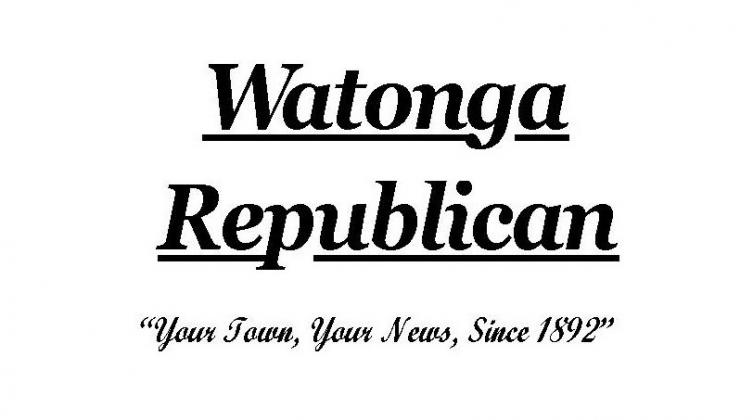LINCOLN, Neb. (AP) — Conservative lawmakers who want to intertwine religion with school curriculum in Republicandominated Nebraska presented a slew of bills Monday to the state Legislature’s education committee.
The list includes a bill that would give parents more control over their local school’s library books and curriculum and another that would allow public school students to receive school credit for attending religious classes outside school. Another measure would change school funding to loop in private school tuition while forbidding the state from interfering in private schools’ curriculum or beliefs.
Sen. Dave Murman, the conservative chairman of the Nebraska Legislature’s Education Committee, has revived his so-called parents rights bill that would make it easier for parents to object to curriculum and remove books from school libraries. The bill introduced last year was among those that stalled as conservatives focused on passing a bill to allow taxpayer money to be used to fund private school scholarships. That measure, signed into law last June, is the subject of a ballot referendum that will ask voters in November to repeal it.
Murman, a farmer from Glenvil, took over as chairman of the committee last year, when Republicans in the officially nonpartisan, onechamber Legislature ousted a Democratic former schoolteacher from the post in what was widely seen as an effort by conservatives to “crack and pack” key committees to get more of their bills to the floor for debate.Those bills are part of a broader Republican push nationwide to target a variety of culture issues in education, including diversity, equity and inclusion programs and the type of books allowed in school libraries. Conservative officials across the country have increasingly tried to limit the type of books that children are exposed to, including books that address structural racism and LGBTQ+ issues.
Sen. Steve Erdman’s school funding bill would set up a $5 billion education funding bill that would shift costs from local property taxes to the state’s general fund by setting up an education savings account for each student in the state. That money would be distributed by the state treasurer to fund a student’s education at their local public school — or could go to help cover the cost of private school tuition or even costs associated with home schooling. The bill is modeled on an Arizona law, Erdman said.
Critics contend Arizona has seen no academic gains since its school choice law went into effect and that it has seen fly-by-night charter schools open in strip malls that collect state money, only to later close. Others argued Erdman’s bill would hurt funding for rural school districts like his own, which has fewer than 350 students.
But it is a section within that bill that the state “is strictly forbidden from altering the curriculum or beliefs of a private school” that others questioned.
“If a private school introduced critical race theory in their curriculum or required singing ‘Lift Every Voice (and Sing)’ every morning, I can guarantee you there would be an uproar from this Legislature over that,” Ron Cunningham of Lincoln testified. “But under this bill, the way it’s written, you couldn’t do anything about it.”
State Sen. Loren Lippincott’s bill would give school credit to public school students who attend religious classes outside of school during school hours. Allowing the religious education, he said, would help students “develop a stronger sense of morality” and would help lead to “fewer behavioral issues in schools.”
Middle and high school students could partake, and the religious credit program would be open to all religions, as long as it “does not undeniably promote licentiousness or practices that are inconsistent with school policy.”
Not all bills before the committee Monday sought to enmesh religion with education. One offered by Omaha Sen. Kathleen Kauth — best know for her bill last year that restricted genderconfirming care for people under 19 — would ease the process for teachers certified in other states to teach in Nebraska classrooms as the state struggles with a teacher shortage.
Under the bill, out-ofstate teachers could gain Nebraska certification by taking a knowledge-testing exam they must pass. The bill drew some opposition from Nebraska teachers as being too lenient, but drew bipartisan support as well as a rare in-person appearance Monday by Gov. Jim Pillen, who testified in favor of it.

